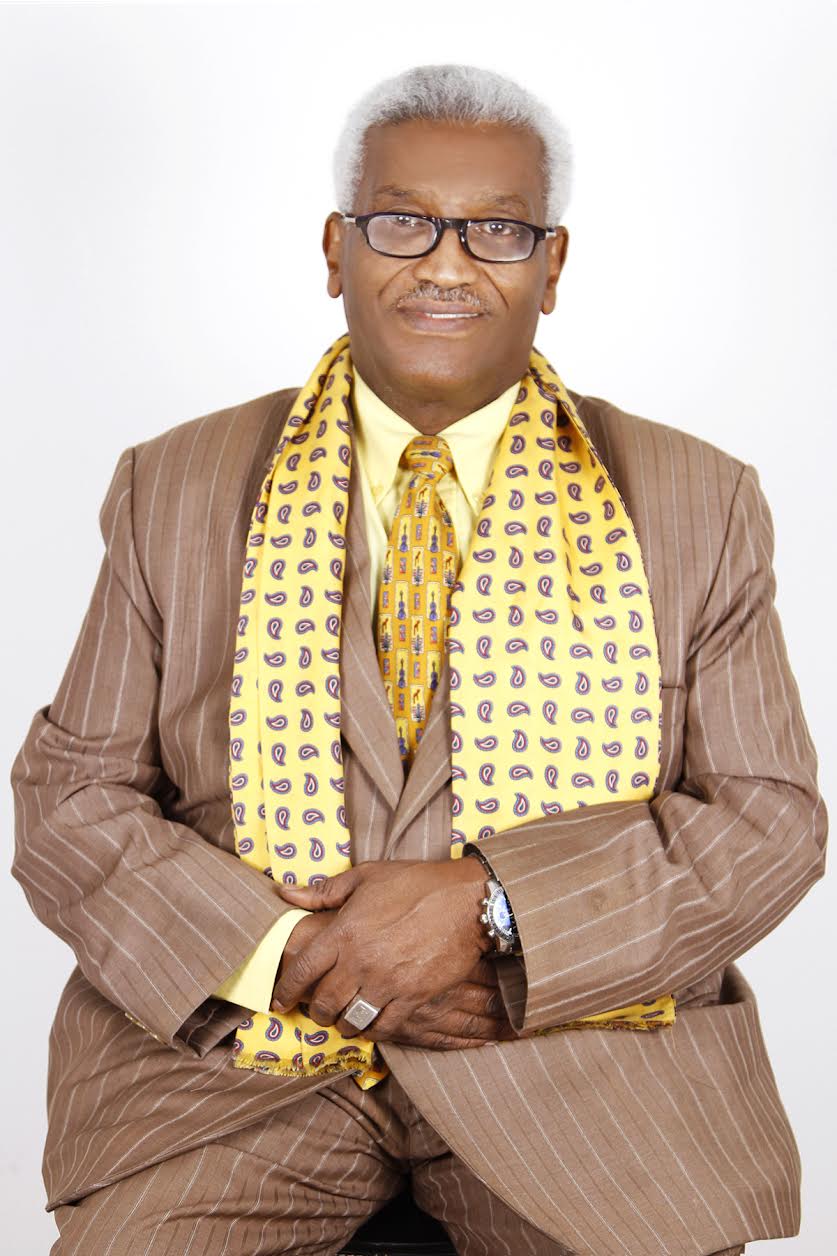Trusts
By DR. Abdelgadir Warsama Ghalib
A trust is a legal relationship in which a person who has legal rights to property has the duty to hold it for the benefit of another person. Persons benefited by a trust are considered to have “equitable title” to the property because it is being maintained for their benefit.
This means that persons are regarded as the real owners even though the trustee has the legal title in his name. Trust, may be created in a number of different ways, owner of the property may declare that he is holding certain property in trust.
A mother might state that she is holding shares in trust for her son.
The owner of property may transfer property with the expressed intent that the person is not to have the use of it but rather for others benefit. Moreover, a trust may be created by operation of the law.
For example, where a lawyer who represents a client injured in a car accident, receives a settlement payment from the insurance company, the lawyer holds the settlement as trustee for his clients. There are many other instances. Certain special terminologies are used, a person who creates a trust is known as the “donor” or the “settlor”.
The person who holds the property in trust is known as the “trustee”. The person for whos e benefit the property is held known as the “beneficiary”.
A single person may occupy more than one of these positions. However, if there is one beneficiary, he can’t be the sole trustee.
The property held is sometimes called the “corpus” or “res”, and a distinction is made between the property in trust, which is known as the “principal” and the income that is produced by the principal.
A trust that is established and made effective during the donor’s lifetime is known as “inter vivios” or “living trust ”.
If a trust is established by a will and takes effect on the donor’s death, it is known as a “testamentary trust”.
Important to say that, there are basic elements for the creation of trust, including, the legal capacity of the donor, the donor must intend to create a trust in clear words, the trust must involve specific property or otherwise that the donor has the full right to convey, the beneficiary must be sufficiently identified and the trust must be created for a proper purpose.
All must be available in order to give the trust the necessary legal effect.
(The views and opinions expressed in this article are those of the author and do not necessarily reflect the official policy or position of the Daily Tribune)
DR. ABDELGADIR WARSAMA GHALIB
Related Posts


